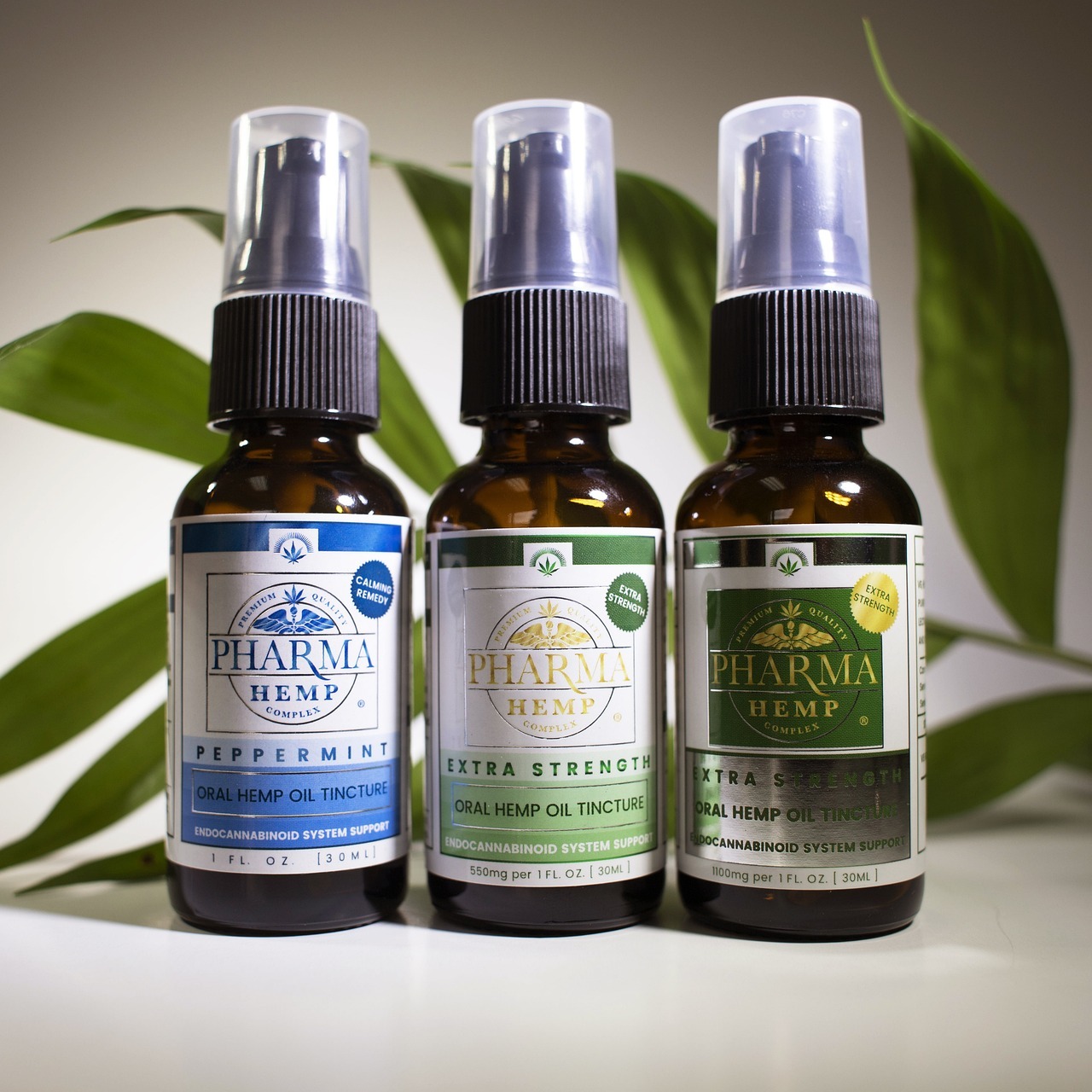As pet owners, we want nothing more than for our furry friends to be happy and healthy. However, just like humans, animals can experience anxiety and stress. Whether it’s due to separation anxiety, loud noises, or new environments, anxiety can have a negative impact on our pets’ overall well-being. Fortunately, there is a natural solution that can help alleviate anxiety in pets – CBD hemp oil.
What is CBD Hemp Oil?
CBD, short for cannabidiol, is a compound found in the cannabis plant. Unlike THC, another compound found in cannabis, CBD is non-psychoactive, meaning it doesn’t produce a “high” sensation. CBD hemp oil is derived from hemp plants that are high in CBD and low in THC. It is extracted from the plant and then diluted with a carrier oil, such as coconut or hemp seed oil.
How Does CBD Hemp Oil Work?
CBD interacts with the endocannabinoid system (ECS) in both humans and animals. The ECS is a complex network of receptors and neurotransmitters that helps regulate various bodily functions, including mood, appetite, sleep, and immune response. When CBD is ingested, it binds to the receptors in the ECS, which can help restore balance and promote overall well-being.
Benefits of CBD Hemp Oil for Pets
CBD hemp oil for pets is a great natural supplement that helps in reducing anxiety. The calming effects of CBD Hemp Oil can help reduce symptoms of anxiety in pets. It is believed to interact with the endocannabinoid system in animals, helping to regulate their moods.
- Calming effects: CBD hemp oil interacts with the endocannabinoid system in pets, which helps regulate mood and promote relaxation. This can help reduce anxious behavior and promote a sense of calmness.
- Stress relief: CBD has been found to help reduce stress in pets by reducing the production of cortisol, a stress hormone. This can help pets feel more at ease and less reactive to stressful situations.
- Anti-anxiety properties: CBD has been shown to have anti-anxiety properties, which can help pets with separation anxiety, noise phobias, or other anxiety-related issues. It works by targeting receptors in the brain that regulate anxiety and promoting a sense of well-being.
- Improved sleep: Anxiety in pets can often lead to sleep disturbances. CBD hemp oil can help promote better sleep by reducing anxiety and promoting relaxation. This can result in improved sleep quality and overall well-being for pets.
- Enhanced social behavior: Pets with anxiety may exhibit fearful or aggressive behavior, making it difficult for them to socialize with other pets or people. CBD hemp oil can help alleviate anxiety, allowing pets to feel more comfortable and engage in positive social interactions.
- Non-psychoactive: CBD hemp oil is derived from hemp plants and contains very low levels of THC, the psychoactive compound found in cannabis. This means that it does not produce a “high” effect in pets and is safe to use without any psychoactive side effects.
It is important to note that while CBD hemp oil can be beneficial in reducing anxiety in pets, it is always recommended to consult with a veterinarian before starting any new treatment or supplement for your pet. They can provide guidance on the appropriate dosage and ensure that it is safe for your pet’s specific needs.
Conclusion
CBD hemp oil can be a natural and effective way to reduce anxiety in pets. By interacting with the endocannabinoid system, CBD can help restore balance and promote overall well-being. Whether it’s through its calming effect, stress relief properties, or anti-inflammatory benefits, CBD hemp oil can help improve pets’ quality of life.
